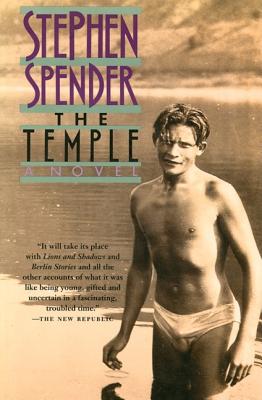
description
e of twentieth-century Britain's great poets and men of letters is nearly as remarkable as the book itself. Not long ago, a friend just returned from America told the author that he had read in the Spender manuscript collection of the University of Texas a novel called The Temple and dated 1929. Stephen Spender immediately obtained a copy of his old draft manuscript--admired in the early thirties by his London publisher, but remaining unpublished because of the sensitivity of the contents and fear of libel actions--and read it with astonished pleasure. He then rewrote it in part, taking care not to diminish its ardent youthfulness, its innocence and cynicism, and the immediacy of its view of the last days of Weimar Germany, on the eve of Hitler's rise to power.
It is, as one might expect, an autobiographical novel. Vividly present along with the protagonist, and not much disguised, are the two other members of the famous triumvirate Auden-Spender-Isherwood. Here are the experiences of a twenty-year-old Oxford poet on vacation in Hamburg, who then travels down the Rhine with two companions. We see his response to the bronzed young Germans--the Children of the Sun--their friendships, parties, sexuality, naturism (especially their cult of the naked body), and all the gauche hedonism that was soon to vanish under the Nazis.
Clearly The Temple is a novel of historical and literary importance. But it is, as well, an entertaining and moving story of a young man's awakening.
member goods
No member items were found under this heading.
Return Policy
All sales are final
Shipping
No special shipping considerations available.
Shipping fees determined at checkout.







